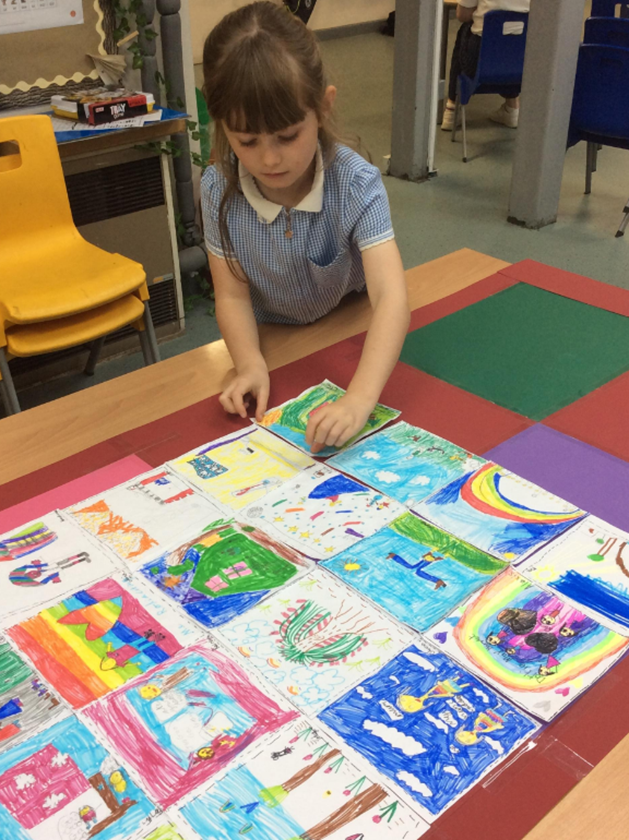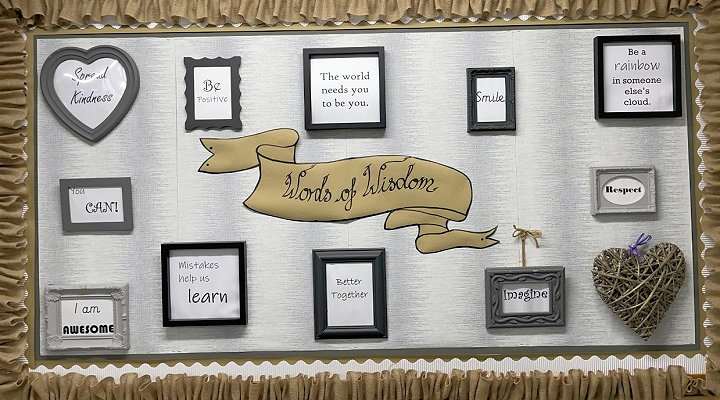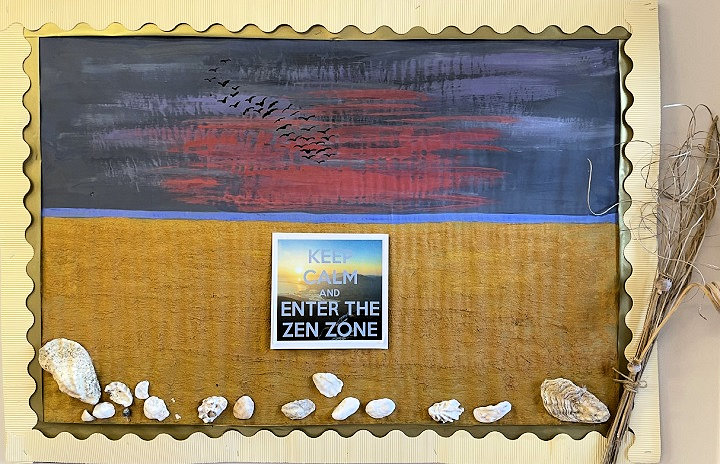PSHE & RSHE
Curriculum Intent
The intent of JLPS’s PSHE curriculum is to deliver a curriculum which is accessible to all and ensures that each child will know more, remember more and understand how to play a positive and successful role within our society, both as a child now, and as an adult in the future.
Curriculum Aims
Our aim is to provide pupils with a knowledge of their world - locally, nationally and globally - and give them confidence to tackle many of the moral, social, spiritual and cultural issues that are part of growing up within this. Children will develop a range of skills and strategies to live a healthy, safe, fulfilling, responsible and balanced life and will be given the opportunities to explore and challenge a range of values, attitudes and beliefs. We aim to provide our children with opportunities to learn about rights and responsibilities and appreciate what it means to be a member of a diverse society. Moreover, our pupils are encouraged from an early age to develop their sense of self-worth by playing a positive role in contributing to school life and the wider community. We challenge all of our pupils to look for opportunities to show the school values of being ready, respectful and responsible, and this is encouraged by all adults across the school.
At Joy Lane, we are proud to teach Jigsaw PSHE. Jigsaw is a progressive, mindful and child-centred approach to PSHE. It is an original and comprehensive scheme of learning which integrates personal, social, health and economic education with emphasis on emotional literacy, mental health and SMSC, especially spiritual development. The Jigsaw teaching and learning programme includes the statutory RSHE (Relationships Education, Sex Education and Health Education). This has a strong focus on emotional, mental health and wellbeing, and this is taught by teachers across Term 6. Jigsaw aims to help children know and value who they really are and how they relate to other people in this ever-changing world.
High expectations for a growth mindset is encouraged. Children are able to draw on metacognitive skills of Development Matters in Early Years and this is continued throughout Key Stage 1 and 2 through our whole school approach, Voices for Choices.

Cross-curricular Links
Our PSHE curriculum directly supports the pastoral education of our pupils as well as the academic outcomes that the school aims for. The school uses high-quality resources to make links between our academic aims in all subjects and the modern world in which children find themselves, empowering them to live positively, independently and safely within it. Cross-curricular opportunities in all subjects will be maximised and linked with the British Values and Spiritual, Moral, Social and Cultural (SMSC) development. In Computing lessons, pupils are taught first to be safe, responsible online citizens. Internet safety and appropriate social media use is at the core of our PSHE and Computing lessons, recognising the challenges that children face today. Our History curriculum aims to link knowledge of Britain’s past to the diverse and democratic country that we live in today through areas such immigration, refugees and parliamentary debate. Within Geography, our aim is to ensure our pupils have a wide knowledge of the world and the diverse cultures that exist beyond our school gates, linking to topics such as Water Aid and environmental issues, which are also reinforced in our Science curriculum.
Visits and Outside Speakers
In addition to discrete PSHE lessons, the school regularly invites outside speakers to hold assemblies and workshops on issues that affect the children. The Dogs Trust, NSPCC, the RNLI and secondary head teachers are just some examples of school visits and speakers. Whole school, Key Stage and class assemblies consistently link to PSHE, British Values and SMSC. Our links with the local community, including Harrier Lodge Care Home and the Royal British Legion, support our children in developing empathy and responsibility as a citizen of the wider world.
Evidence of Learning
Across the school, children’s PSHE work is recorded in whole class scrapbooks. Children’s achievements are also celebrated on our whole school Dojo app, via our weekly newsletter, and website.

Assessment and Monitoring
We use a variety of ways to measure the impact of PSHE progress at JLPS. Assessing children's learning is vital to inform their next steps. A full assessment process is embedded in the Jigsaw program including a set of attainment descriptors for every year group and assessment activities to involve children in the process. At the end of each lesson, the children are encouraged to reflect on their learning and identify their next steps. Teachers track individual personal progression at the end of each Jigsaw Puzzle piece (Term) using the Jigsaw Summative Assessment Pupil Attainment Strands, these relate to both Relationships and Health Education and to Emotional Literacy and Social Skills. Teachers use these statements to highlight whether each child is working towards, working at or working beyond, appropriate to children’s age and stage, making additional notes as necessary.
The children use the self-assessment tool PASS (Pupil Attitudes to Self and School) three times a year. This system allows all adults to have a whole picture of the child from different viewpoints.
The influence of our PSHE curriculum on the whole child is monitored through behaviour, PASS (Pupil Attitudes to Self and School) and MyConcern records, which allow us to see the impact on individual children’s social and emotional development.
Useful Links
Watch and Sing - Clips and songs for kids - CBeebies - BBC

RSHE
(Relationships and Health Education)
We include the statutory Relationships and Health Education within our whole-school PSHE Programme.
To ensure progression and a spiral curriculum, we use Jigsaw, the mindful approach to PSHE, as our chosen teaching and learning programme and tailor it to children’s needs. The mapping document: Jigsaw 3-11 and Statutory Relationships and Health Education shows exactly how Jigsaw, and therefore our school meets the statutory Relationships and Health Education requirements.
Further information can be found in our PSHE and RSE Policy.
